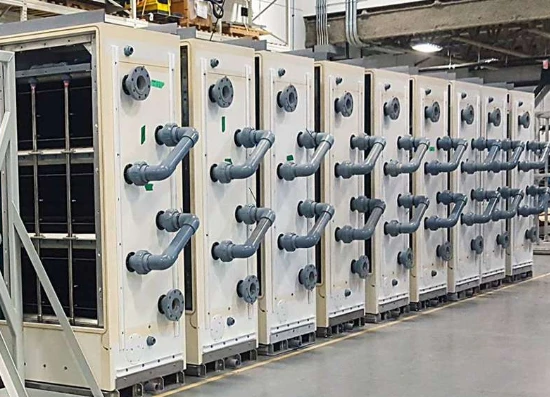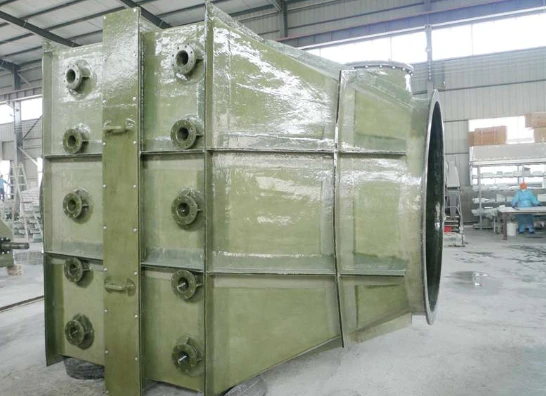
-
 Afrikaans
Afrikaans -
 Albanian
Albanian -
 Amharic
Amharic -
 Arabic
Arabic -
 Armenian
Armenian -
 Azerbaijani
Azerbaijani -
 Basque
Basque -
 Belarusian
Belarusian -
 Bengali
Bengali -
 Bosnian
Bosnian -
 Bulgarian
Bulgarian -
 Catalan
Catalan -
 Cebuano
Cebuano -
 China
China -
 China (Taiwan)
China (Taiwan) -
 Corsican
Corsican -
 Croatian
Croatian -
 Czech
Czech -
 Danish
Danish -
 Dutch
Dutch -
 English
English -
 Esperanto
Esperanto -
 Estonian
Estonian -
 Finnish
Finnish -
 French
French -
 Frisian
Frisian -
 Galician
Galician -
 Georgian
Georgian -
 German
German -
 Greek
Greek -
 Gujarati
Gujarati -
 Haitian Creole
Haitian Creole -
 hausa
hausa -
 hawaiian
hawaiian -
 Hebrew
Hebrew -
 Hindi
Hindi -
 Miao
Miao -
 Hungarian
Hungarian -
 Icelandic
Icelandic -
 igbo
igbo -
 Indonesian
Indonesian -
 irish
irish -
 Italian
Italian -
 Japanese
Japanese -
 Javanese
Javanese -
 Kannada
Kannada -
 kazakh
kazakh -
 Khmer
Khmer -
 Rwandese
Rwandese -
 Korean
Korean -
 Kurdish
Kurdish -
 Kyrgyz
Kyrgyz -
 Lao
Lao -
 Latin
Latin -
 Latvian
Latvian -
 Lithuanian
Lithuanian -
 Luxembourgish
Luxembourgish -
 Macedonian
Macedonian -
 Malgashi
Malgashi -
 Malay
Malay -
 Malayalam
Malayalam -
 Maltese
Maltese -
 Maori
Maori -
 Marathi
Marathi -
 Mongolian
Mongolian -
 Myanmar
Myanmar -
 Nepali
Nepali -
 Norwegian
Norwegian -
 Norwegian
Norwegian -
 Occitan
Occitan -
 Pashto
Pashto -
 Persian
Persian -
 Polish
Polish -
 Portuguese
Portuguese -
 Punjabi
Punjabi -
 Romanian
Romanian -
 Russian
Russian -
 Samoan
Samoan -
 Scottish Gaelic
Scottish Gaelic -
 Serbian
Serbian -
 Sesotho
Sesotho -
 Shona
Shona -
 Sindhi
Sindhi -
 Sinhala
Sinhala -
 Slovak
Slovak -
 Slovenian
Slovenian -
 Somali
Somali -
 Spanish
Spanish -
 Sundanese
Sundanese -
 Swahili
Swahili -
 Swedish
Swedish -
 Tagalog
Tagalog -
 Tajik
Tajik -
 Tamil
Tamil -
 Tatar
Tatar -
 Telugu
Telugu -
 Thai
Thai -
 Turkish
Turkish -
 Turkmen
Turkmen -
 Ukrainian
Ukrainian -
 Urdu
Urdu -
 Uighur
Uighur -
 Uzbek
Uzbek -
 Vietnamese
Vietnamese -
 Welsh
Welsh -
 Bantu
Bantu -
 Yiddish
Yiddish -
 Yoruba
Yoruba -
 Zulu
Zulu
Feb . 16, 2025 11:29
Back to list
Transport Tanks
Fiberglass chemical tanks have rapidly emerged as a staple in the industrial landscape, offering unparalleled advantages over traditional storage solutions. These tanks provide a robust answer to storing and handling chemicals across various sectors, where dependability, quality, and safety are non-negotiable. Diving deeper into why fiberglass chemical tanks stand at the forefront of industrial storage requires an examination rooted in both experiential narratives and technical mastery.
From an experiential standpoint, testimonies from industry leaders who have adopted fiberglass chemical tanks reinforce their indispensability. These professionals appreciate the reduced maintenance demands and the extended service life, often citing significant reductions in operational downtimes. With non-stop production schedules, the reliability of fiberglass chemical tanks cannot be overstated. They allow managers to allocate resources efficiently, focusing on production rather than the frequent repairs associated with less durable storage solutions. Moreover, the versatility of fiberglass chemical tanks in accommodating a diverse range of chemicals, from acids to alkalis, showcases their expert design. The inner linings of these tanks can be customized to further enhance chemical resistance, a testament to the sophisticated engineering that meets the specific needs of different industrial applications. When dealing with hazardous materials, the option to tailor tank specifications ensures not just compatibility but also optimizes storage efficacy. Innovation continues to push the boundaries of fiberglass technology, combining decades of expertise with modern advancements. Manufacturers are now integrating smart monitoring systems within fiberglass chemical tanks, allowing real-time data collection and remote management. This development is a game-changer, empowering facilities to oversee storage systems proactively, anticipate potential issues before they arise, and streamline maintenance proactively. Fiberglass chemical tanks embody a synthesis of expertise, authoritativeness, and trustworthiness. As industries evolve and the demand for reliable, cost-effective, and environmentally friendly storage solutions intensifies, these tanks stand as a testament to human ingenuity and technical prowess. Whether you’re in the market for new installations or upgrades, the choice is clear fiberglass chemical tanks not only meet but exceed the demands of modern industrial storage, ensuring your operations are future-proof and sustainable.


From an experiential standpoint, testimonies from industry leaders who have adopted fiberglass chemical tanks reinforce their indispensability. These professionals appreciate the reduced maintenance demands and the extended service life, often citing significant reductions in operational downtimes. With non-stop production schedules, the reliability of fiberglass chemical tanks cannot be overstated. They allow managers to allocate resources efficiently, focusing on production rather than the frequent repairs associated with less durable storage solutions. Moreover, the versatility of fiberglass chemical tanks in accommodating a diverse range of chemicals, from acids to alkalis, showcases their expert design. The inner linings of these tanks can be customized to further enhance chemical resistance, a testament to the sophisticated engineering that meets the specific needs of different industrial applications. When dealing with hazardous materials, the option to tailor tank specifications ensures not just compatibility but also optimizes storage efficacy. Innovation continues to push the boundaries of fiberglass technology, combining decades of expertise with modern advancements. Manufacturers are now integrating smart monitoring systems within fiberglass chemical tanks, allowing real-time data collection and remote management. This development is a game-changer, empowering facilities to oversee storage systems proactively, anticipate potential issues before they arise, and streamline maintenance proactively. Fiberglass chemical tanks embody a synthesis of expertise, authoritativeness, and trustworthiness. As industries evolve and the demand for reliable, cost-effective, and environmentally friendly storage solutions intensifies, these tanks stand as a testament to human ingenuity and technical prowess. Whether you’re in the market for new installations or upgrades, the choice is clear fiberglass chemical tanks not only meet but exceed the demands of modern industrial storage, ensuring your operations are future-proof and sustainable.
Next:
Related Products









